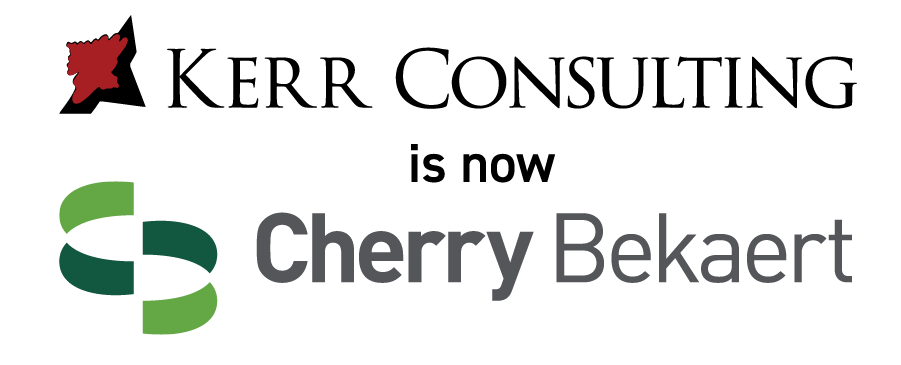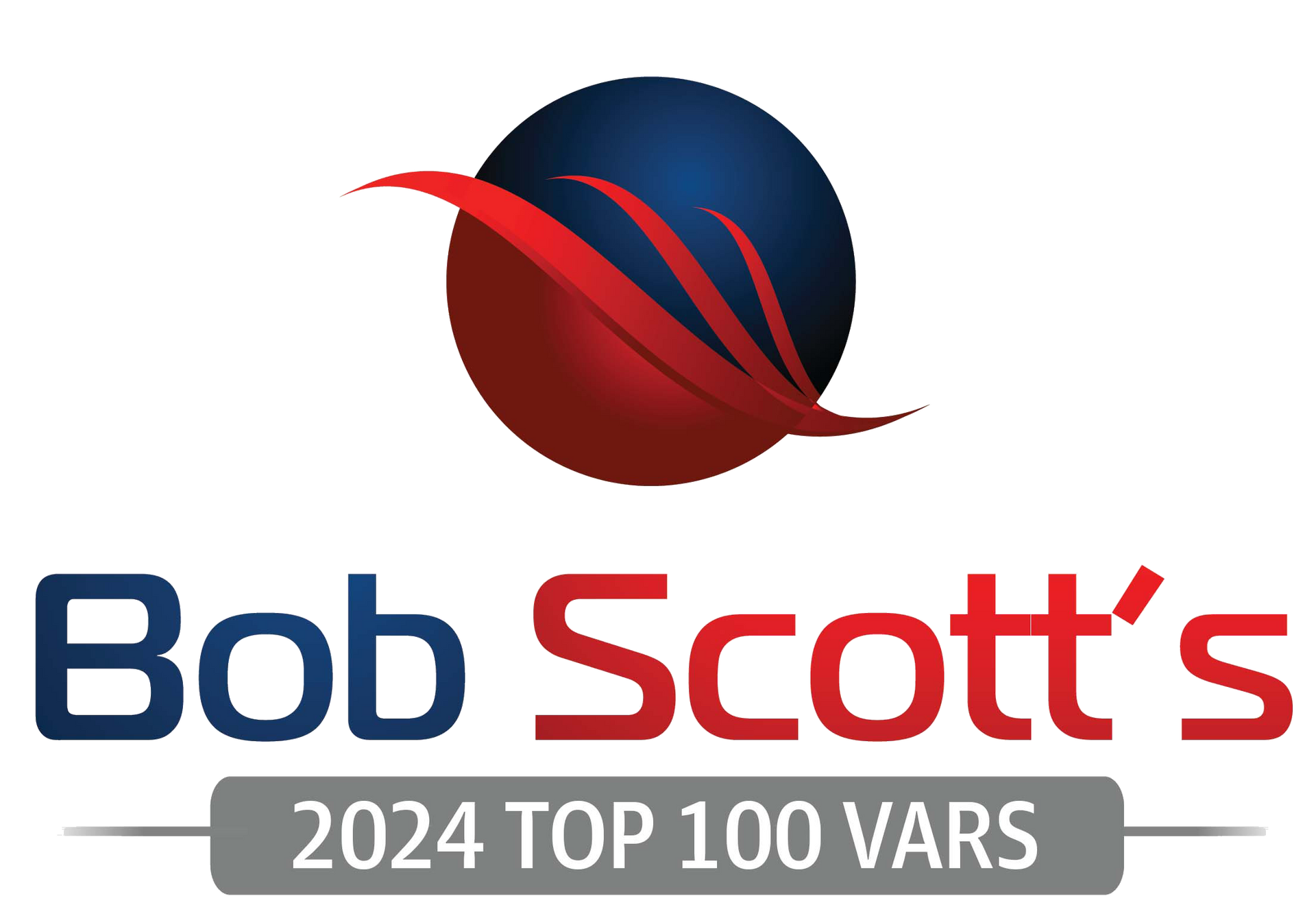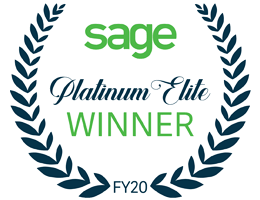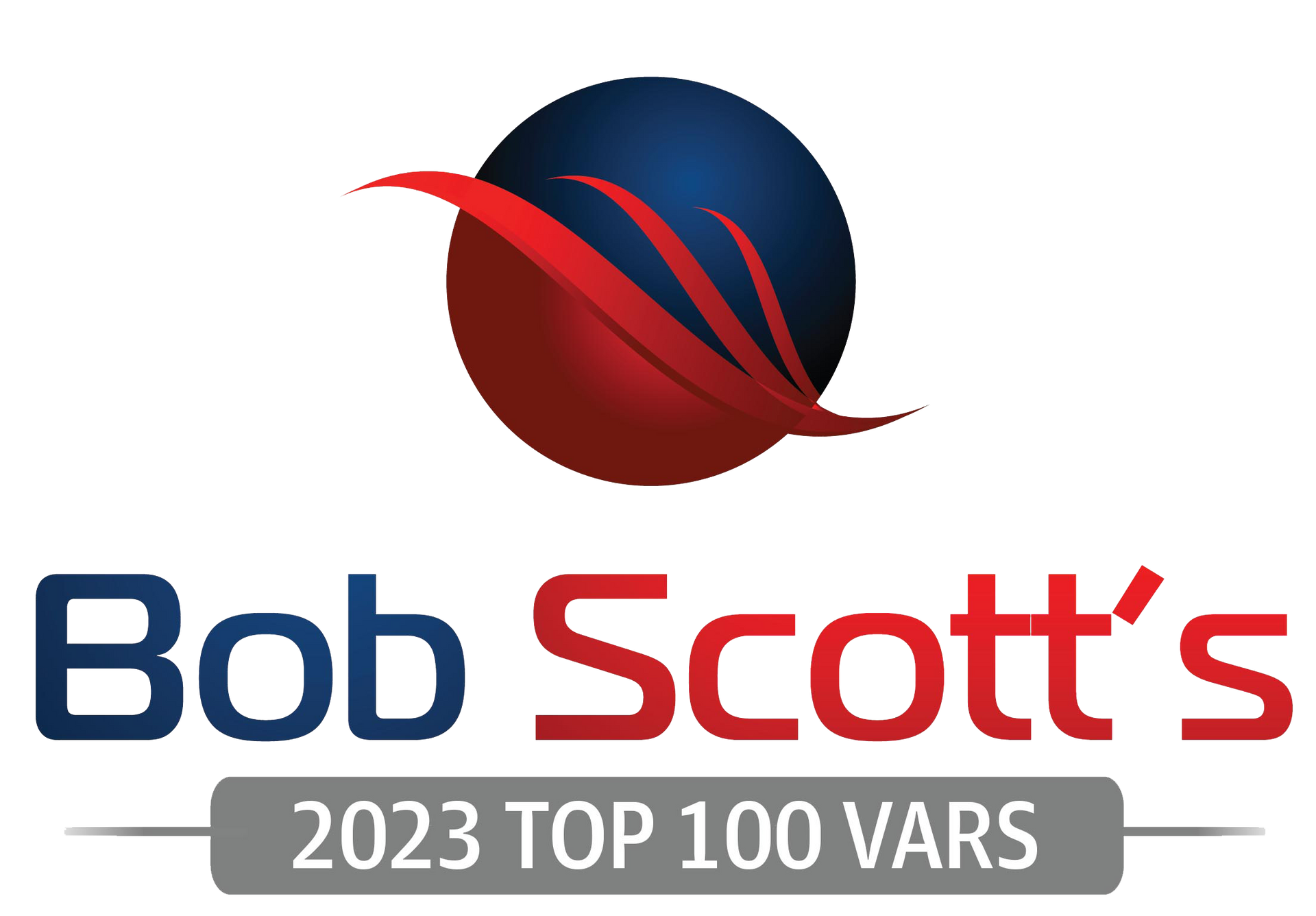Selecting the Right ERP for Manufacturing: A Comprehensive Guide

In today’s fast-paced manufacturing industry, it’s essential to have the right tools and systems in place to stay competitive. One of the most critical systems for manufacturers is an Enterprise Resource Planning (ERP) software.
An ERP system helps manufacturers streamline their processes, improve efficiency, and make data-driven decisions. However, with so many options available, selecting the right ERP for your manufacturing company can be a daunting task.
In this comprehensive guide, we’ll discuss the key factors to consider when choosing an
ERP for manufacturing and provide tips to help you make the best decision for your company.
Why is an ERP Important for Manufacturing?
Before we dive into the selection process, let’s first understand why an ERP is essential for manufacturing companies.
Streamlined Processes and Improved Efficiency
An ERP system integrates all aspects of a manufacturing business, from inventory management to production planning, into one centralized platform. This integration eliminates the need for manual data entry and reduces the risk of errors, leading to streamlined processes and improved efficiency.
With an ERP, manufacturers can automate tasks, track inventory levels, and monitor production in real-time, allowing them to make data-driven decisions and optimize their operations.
Cost Savings
Implementing an ERP system can also lead to significant cost savings for manufacturing companies. By streamlining processes and reducing manual labor, manufacturers can save on labor costs and improve their bottom line.
Additionally, an ERP system can help manufacturers identify areas for cost reduction and optimize their supply chain, leading to further cost savings.

Better Data Management and Reporting
An ERP system provides manufacturers with a centralized database for all their data, making it easier to manage and analyze. With real-time data, manufacturers can make informed decisions and quickly respond to changes in the market.
ERP systems also offer robust reporting capabilities, allowing manufacturers to track key performance indicators (KPIs) and identify areas for improvement.
Key Factors to Consider When Choosing an ERP for Manufacturing
Now that we understand the importance of an ERP for manufacturing, let’s explore the key factors to consider when selecting the right ERP for your company.
Industry-Specific Functionality
Not all ERPs are created equal, and it’s essential to choose one that caters to the specific needs of your manufacturing industry. For example, an ERP for garment manufacturing may have different features and capabilities than an ERP for electronics manufacturing.
When evaluating ERPs, make sure to look for industry-specific functionality that can help streamline your processes and improve efficiency.
Scalability
As your manufacturing company grows, your ERP system should be able to grow with you. It’s crucial to choose an ERP that is scalable and can accommodate your company’s future needs.
Consider factors such as the number of users, production volume, and the ability to add new modules or features as your business expands.
Integration Capabilities
An ERP system should not operate in isolation. It should be able to integrate with other systems and tools used in your manufacturing processes, such as supply chain management software or customer relationship management (CRM) systems.
When evaluating ERPs, make sure to inquire about their integration capabilities and whether they have pre-built integrations with other commonly used tools in the manufacturing industry.

User-Friendly Interface
An ERP system is only useful if your employees can use it effectively. When evaluating ERPs, consider the user interface and how easy it is to navigate and use.
A user-friendly interface can help reduce training time and ensure that your employees can quickly adapt to the new system, leading to a smoother implementation process.
Customization Options
Every manufacturing company is unique, and your ERP system should be able to accommodate your specific needs. Look for an ERP that offers customization options, such as the ability to add custom fields or workflows, to tailor the system to your company’s processes.
Cloud-Based vs. On-Premise
Another crucial factor to consider is whether you want a cloud-based or on-premise ERP system. Cloud-based ERPs are hosted on the vendor’s servers and accessed through the internet, while on-premise ERPs are installed and maintained on your company’s servers.
Cloud-based ERPs offer the advantage of accessibility from anywhere with an internet connection and typically have lower upfront costs. On the other hand, on-premise ERPs offer more control and customization options but require a larger upfront investment.
Cost
The cost of an ERP system is a significant consideration for any manufacturing company. When evaluating ERPs, make sure to consider not only the upfront costs but also ongoing maintenance and support fees.
Additionally, consider the potential cost savings an ERP can provide in terms of labor and inventory management. A more expensive ERP may be worth the investment if it can lead to significant cost savings in the long run.
Tips for Choosing the Right ERP for Your Manufacturing Company
Now that we’ve discussed the key factors to consider when selecting an ERP for manufacturing let’s explore some tips to help you make the best decision for your company.
Involve Key Stakeholders
When choosing an ERP, it’s essential to involve key stakeholders from different departments in the decision-making process. This will ensure that the chosen ERP meets the needs of all departments and is a good fit for the company as a whole.
Consider the Implementation Process
Implementing an ERP can be a complex and time-consuming process. When evaluating ERPs, make sure to inquire about the implementation process and the support provided by the vendor.
Consider factors such as training, data migration, and ongoing support to ensure a smooth implementation process.
Research the Vendor’s Reputation
Before making a decision, research the vendor’s reputation in the market. Look for reviews and testimonials from other manufacturing companies and inquire about their experience with the vendor.
Additionally, consider the vendor’s experience in the manufacturing industry and their track record of successful implementations.
Real-World Examples of Successful ERP Implementations in Manufacturing
Let’s take a look at two real-world examples of successful ERP implementations in the manufacturing industry.
ERP for Garment Manufacturing Company
A garment manufacturing company was struggling with manual processes and a lack of visibility into their inventory levels. They implemented an ERP system specifically designed for the garment manufacturing industry, which helped them automate their processes and track inventory in real-time.
The ERP also provided them with insights into their production costs, allowing them to make data-driven decisions and optimize their operations. As a result, the company saw a significant increase in efficiency and a reduction in production costs.
ERP for Electronics Manufacturing
An electronics manufacturing company was using multiple systems to manage their processes, leading to data silos and inefficiencies. They implemented an ERP system that integrated all their processes into one centralized platform.
The ERP provided them with real-time data and reporting capabilities, allowing them to make informed decisions and optimize their supply chain. As a result, the company saw a significant increase in efficiency and a reduction in costs.
Conclusion
Selecting the right ERP for your manufacturing company is a crucial decision that can have a significant impact on your operations and bottom line. By considering the key factors and following the tips outlined in this guide, you can make an informed decision and choose an ERP that meets your company’s specific needs.
With the right ERP in place, your manufacturing company can streamline processes, improve efficiency, and stay competitive in today’s fast-paced industry.








